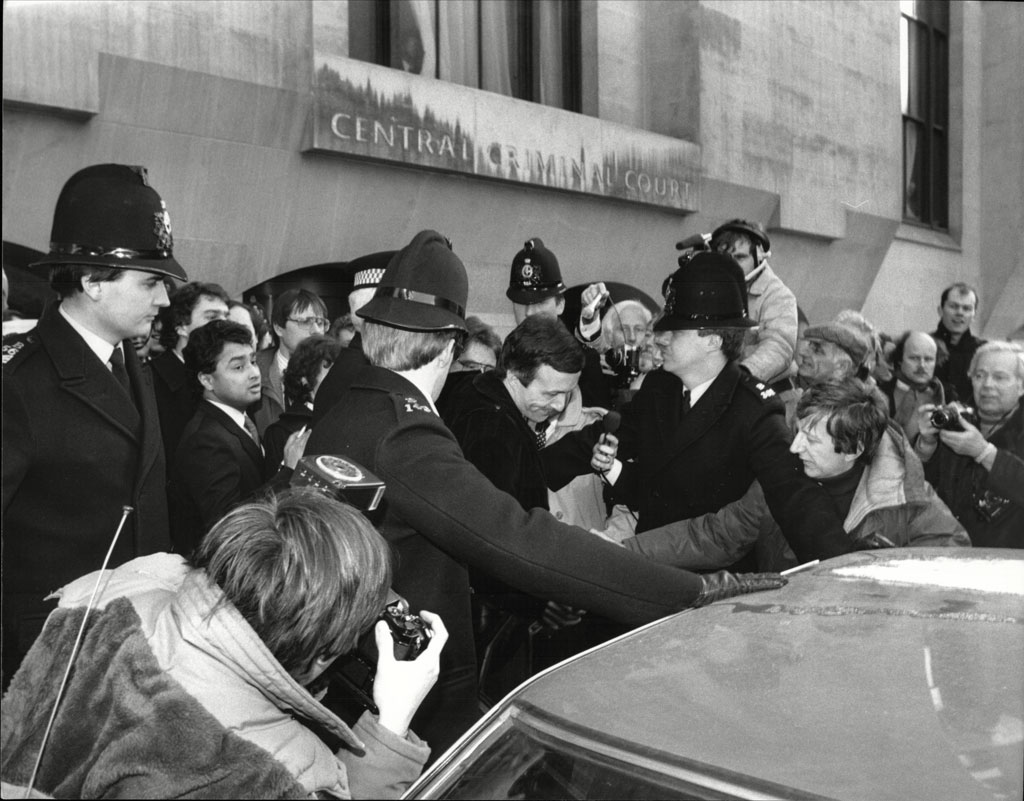
David Hewitt reflects on the history & impact of perverse verdicts
It began when I was called for jury service, and I found myself thinking about Clive Ponting. I remember him emerging into a media scrum outside the Old Bailey, his breath hanging on the chilly air. He is wearing a raincoat, even though it is only February, and he looks tired.
The year was 1985, and Ponting had just been acquitted of breaching the Official Secrets Act after a two-week trial. He was said to have leaked classified documents about the sinking of an Argentinian warship, the General Belgrano , during the Falklands conflict. Crucially, he had admitted doing so.
It seemed to me that the implications of Ponting’s case had never been properly understood, and so I started to ask some questions.
The documents had been sent to Tam Dalyell, a Member of Parliament, and they revealed that the Belgrano had been heading away from the Royal Navy ‘taskforce’ when it was hit. That wasn’t, however, the official version, and it contradicted what the Prime Minister, Margaret Thatcher, had said. Ponting











